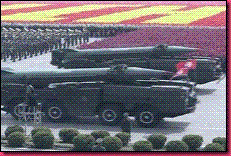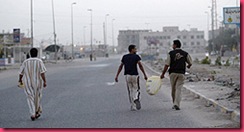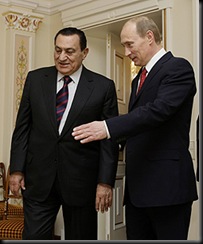VIENNA: Russia and China on Tuesday scuttled a Western attempt to introduce a resolution on Iran's nuclear defiance at a meeting of the International Atomic Energy Agency, diplomats said.
The decision appeared to be the result of lingering unhappiness by the two world powers about not being informed earlier of plans for such a resolution.
It came a day after the U.N. Security Council imposed another round of sanctions on Iran for refusing to suspend uranium enrichment. Iran defiantly vowed to continue its nuclear program, which it insists is aimed only at generating power.
Moscow on Monday had threatened not to back the new U.N. sanctions against Iran unless the West gave up its IAEA resolution plans.
Then on Tuesday it signaled that it was ready to back such a document if it was given substantial input in drafting it before deciding later in the day that it was against it after all, said the diplomats, who spoke on condition of anonymity because the information was confidential.
Asked why Russia and China were opposed, one of diplomats said Moscow decided to withdraw its support "on principle" and Beijing, which often takes a cue from Russia on the Iran nuclear dispute, followed suit.
A senior Western diplomat said the decision to scrap plans for a resolution was jointly taken by the six powers taking the lead on engaging Iran on its nuclear program — the United States, Russia, China, Britain, France and Germany.
He said the six felt that new U.N. Security Council sanctions passed Monday to punish Iran had sent enough of a message.





